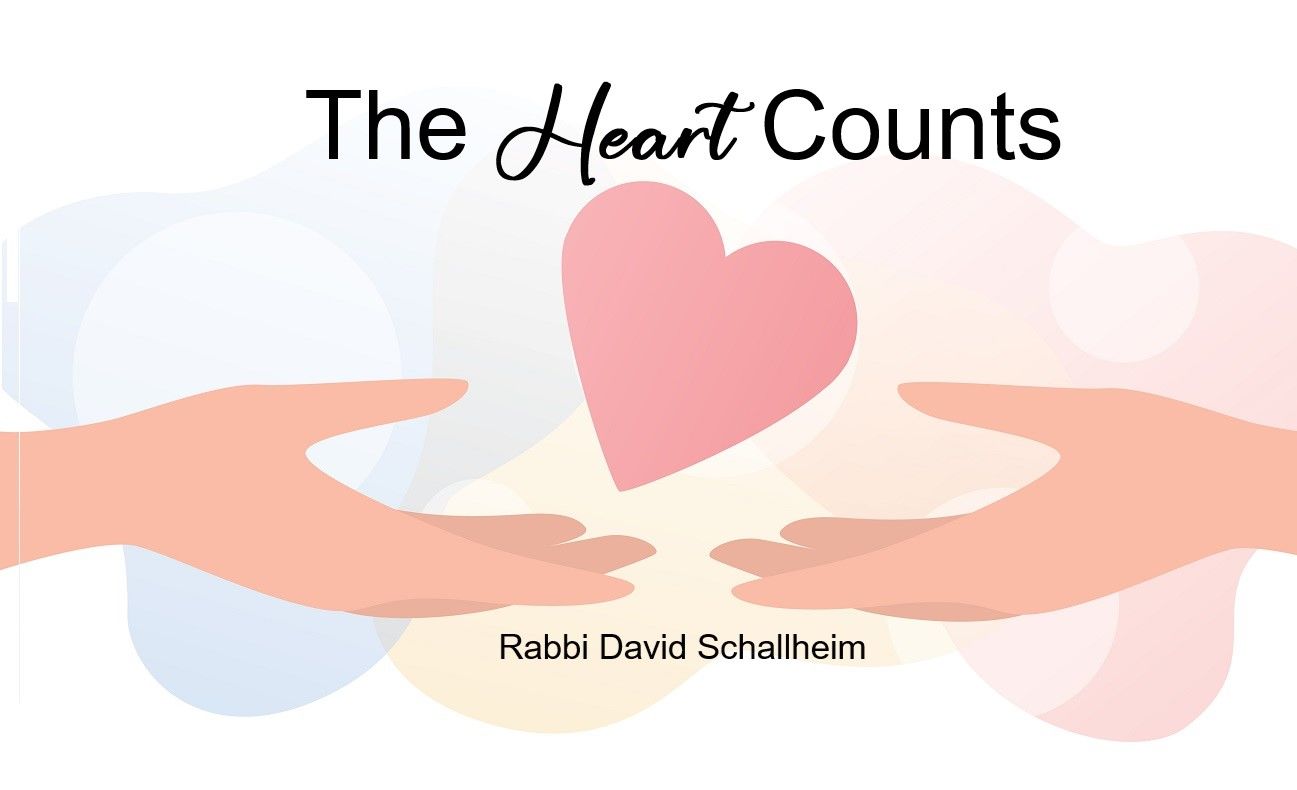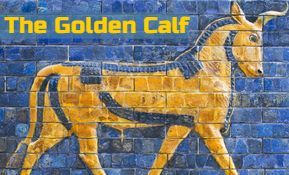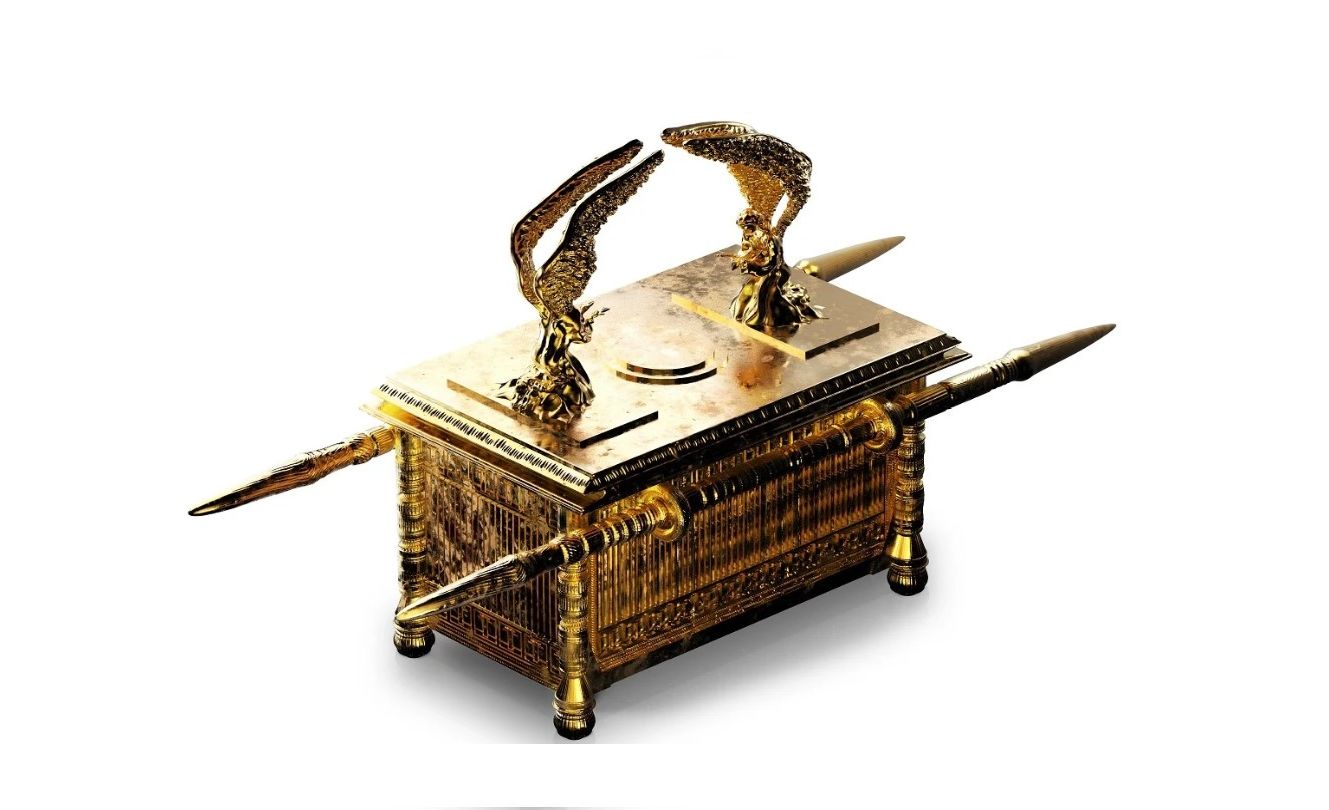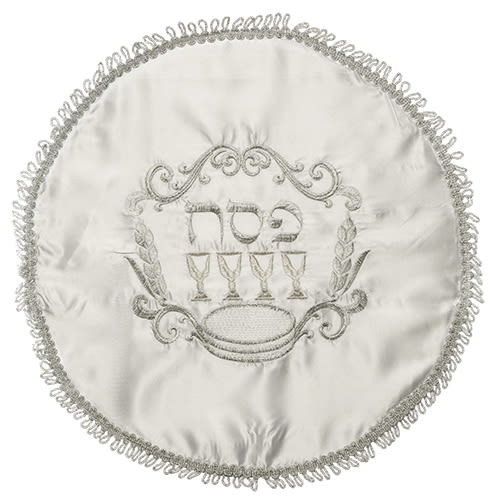
Shemot: What Does it Take to be a Leader?
What does it take to be a leader? CEO's might earn millions of dollars, but it doesn't mean that they are true leaders...

Leadership
What does it take to be a leader? We live in an era where CEO’s are drawing multi-million dollar salaries, while their employees earn $8.93 per hour (after five years seniority). Political leaders may not draw such high salaries (excluding bribes), but it would be an understatement to say that very few politicians, if any, serve as an inspiration of integrity.
Moshe (Moses), however, was the quintessential Jewish leader. This week’s Parsha plots the development of the unique traits that made him into the greatest leader that ever existed.
Responsibility
“It happened in those days that Moshe grew up and went out to his brethren and saw their burdens" (Shemot/Exodus 2:11).
The previous verse (Shemot 2:10) states “the boy grew up.” "Moshe grew up" appears superfluous; after all, the Torah already stated that he grew up in the previous verse. Rashi explains that the first "growing up" is referring to Moshe's physical growth, while the second time refers to the attainment of rank. At the age of twenty, Pharaoh appointed him to be chamberlain of the palace.
Moshe achieved maturity – he "grew up" by his willingness to take responsibility. The fact that Pharaoh appointed his adopted son to a position of high rank shows that Moshe was capable and willing to bear the responsibility.
For individuals who resolutely avoid commitment, responsibility is an unpopular word. The media portrays modern politicians as desperately seeking to pass the buck, placing the blame squarely on anyone but themselves. The Torah, however, teaches us that the core quality necessary to be a leader is a willingness to take responsibility.
Empathy
“It happened in those days that Moshe grew up and went out to his brethren and saw their burdens" (Shemot 2:11).
Rashi explains the unusual Hebrew wording, "vayar b’sivlotam" "he saw in their burdens" (rather than “he saw their burdens"). “He focused his eyes and heart to be distressed over them” (Rashi Shemot 2:11). Moshe's intention was to see his brethrens' suffering and grieve with them.
The mark of a true leader is his ability to emphasize with the suffering of his people. He identifies with them as his brethren, as the verse states, “Moshe grew up and went out to his brethren.” Although Moshe was a privileged member of the Egyptian aristocracy, thousands of years before the advent of democratic, representative governments, he never lost sight of the fact he was a Jew and felt complete affinity to the enslaved, oppressed minority.
Action
“…and he saw an Egyptian man striking a Hebrew man, of his brethren. He turned this way and that and saw that there was no man, so he struck down the Egyptian and hid him in the sand” (Shemot 2:12).
“…And saw that there was no man” – After Moshe prophetically saw that none of the Egyptian assailant's future descendents would convert to Judaism, he killed him through reciting the secret Name of God (Rashi). Moshe was concerned with the future consequences of his act. This shows us that a leader must be a chacham – a wise man –defined as the “one who sees the nolad – the consequences” and considers all the facets of a complex situation before taking action. Had Moshe’s course of action to save a fellow Jew resulted in the loss of future Jews, he would have chosen a different course.
A leader rises to the occasion and takes action. His actions are carefully considered, in accordance with the concept of zehirut – watchfulness.
In the Path of the Just, the Ramchal writes, "The idea of watchfulness is for a man to exercise caution in his actions and his undertakings; that is, to deliberate and watch over his actions to determine whether or not they are good… [this includes] the investigation even of the good actions themselves to determine whether they involve any leaning which is not good or any bad aspect which is necessary to eradicate.” No benefit is accrued from leaping in to do good when the end result is harmful.
Compassion
After killing the Egyptian, Moshe stopped a fight between two Jewish slaves. Because of his strong stand in chastising the quarreling Jews, he was forced to flee to the wilderness of Midian.
This act demonstrates perseverance, courage, and fortitude. Yet neither this incident, nor any of the ones mentioned above is juxtaposed with the Divine revelation that catapults Moshe into the great spiritual and prophetic leader who led the Jewish nation out of Egypt.
Even after saving Yitro's (Jethro’s) seven daughters from evil shepherds, there is no appointment to a Divine role. God declares Moshe's greatness in the context of a very simple serene story:
"Moshe was shepherding the sheep of Yitro his father-in-law. He guided them into the wilderness, and he arrived at the mountain of God toward Horeb. An angel of Hashem appeared to him in a blaze of fire from amidst the bush, and he saw that the bush was burning, and the bush was not consumed. Moshe looked and analyzed the sight and he questioned, "Why is the bush not being burned?" (Shemot 3:1-3).
In that serene setting, God called out "Moshe, Moshe," to which Moshe replied, "Here I am."
Why is the act of shepherding sheep the setting for such majestic and Divine revelation? What amazing incident occurred while he was taking care of the sheep? Why didn't God appear to Moshe after his courageous act of smiting the Egyptian or after he reproached two Hebrews who were fighting? Wouldn't that setting be the ripe moment for induction into the halls of prophecy and leadership?
The Midrash tells us that during Moshe's tenure as a shepherd, one of the sheep ran away. Moshe chased the sheep, found it drinking thirstily from a brook, and tenderly lifted it on his shoulders, saying, “I didn’t know you were so thirsty, that’s why you ran away. You must be tired, here, I’ll carry you home.” God looked upon him and said, "A man who cares for his sheep, will care for his people." That act catapulted Moshe to the position we know. (Midrash: Shemot Rabba 2:2).
Acts that are bold and courageous may personify leadership, character, and commitment. People think that it is those gallant and daring acts that will catapult them into greatness and glory. The Torah tells us otherwise.
The Torah links Moshe's selection to leadership with the simple task of shepherding. The qualifications that God wants are not necessarily those that we assume to be of value. We often look for superlative honors, achievements, and accomplishments. God, on the other hand, cherishes simple shepherding; He loves care and concern for simple Jews. We may come to Him with résumés of brilliance, of courage, of valor, but He desires consistency, love, compassion, and, perhaps most of all, humble simplicity.
Moshe had those qualities too. It was the qualities of compassion, not the forceful qualities of attacking the Egyptian taskmaster, nor fending off evil shepherds, nor chastising combative Hebrews, that were chosen to cast Moshe into the light of leadership. We may be bold and courageous, but without compassion for the little things, without the humility to find lost sheep, we may be overqualified. (Rabbi Mordechai Kamenetzky).
Moshe’s Plea
For a total of seven days, God urged Moshe to go to Egypt and redeem the Jewish people, but Moshe refused. At the end of this lengthy exchange, Moshe explained that it wasn’t proper for him to take the mantle of leadership from his older brother Aharon (Aaron), who until then had been carrying the burden of leadership in Egypt.
“Send through whomever You will send” (Shemot 4:13). Send Aharon, since he already functions as Your prophet in Egypt. Rashi explains (verse 10) that Moshe’s reluctance for these seven days was based on the fact that he didn’t want to assume superiority over his older brother Aharon.
Moshe is being offered the chance to redeem his people – his brethren, for whom he feels the utmost love and compassion – from 210 years of oppression and slavery. Yet he stands in God’s presence for seven days, refusing to take the task because he does not want to slight the honor of his older brother. Moshe, the greatest leader that the Jewish people ever had, is teaching us the importance of respecting others!
Wouldn’t we think: “Look, God says to go, it’s my people, I’ve gotta save them!” And yet, once Moshe decides it’s an affront to his brother, he’s willing to challenge God for a full seven days. In my estimation, there couldn’t be a more forceful example of the all-too-forgotten principle, which must be kept in the fore front of the consciousness of every inspiring Jewish leader: The ends do not justify the means.
God’s did not tell Moshe to go despite the fact that it would offend Aharon. Instead He declares: “Behold, he [Aharon] is going out to meet you and when he sees you he will rejoice in his heart” (Ibid. 14). “Contrary to your assumption that Aharon will be hurt at your appointment to greatness, he will sincerely rejoice for you. This act of great nobility on Aharon’s part earned him the right to wear the Breast Plate of the Kohen Gadol over his heart” (Rashi).
The two great leaders of the Jewish people, Moshe and Aharon, demonstrated selfless brotherly love. Their examples of taking responsibility, feeling compassion and empathy and acting on their emotion guided by the trait of watchfulness, serve as the template of true Jewish leadership.










